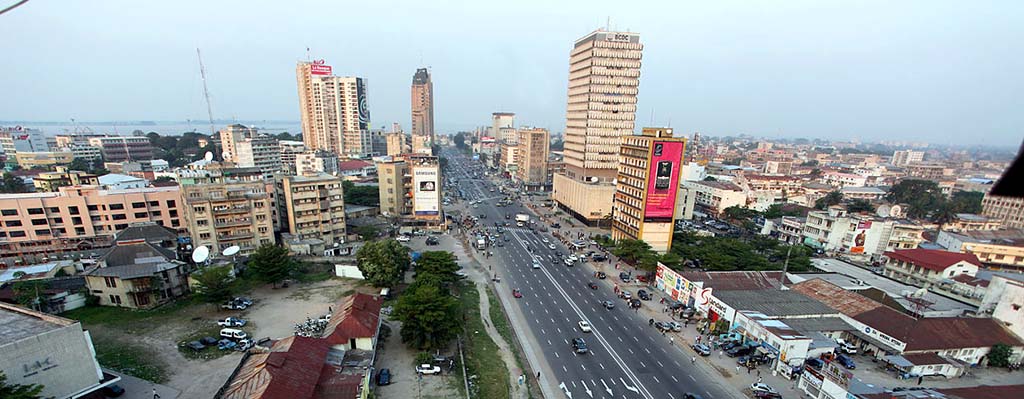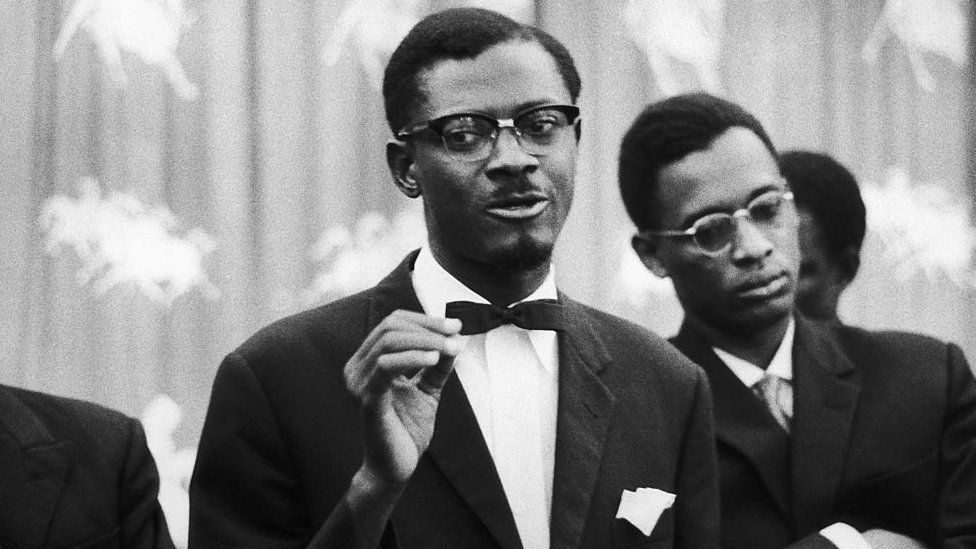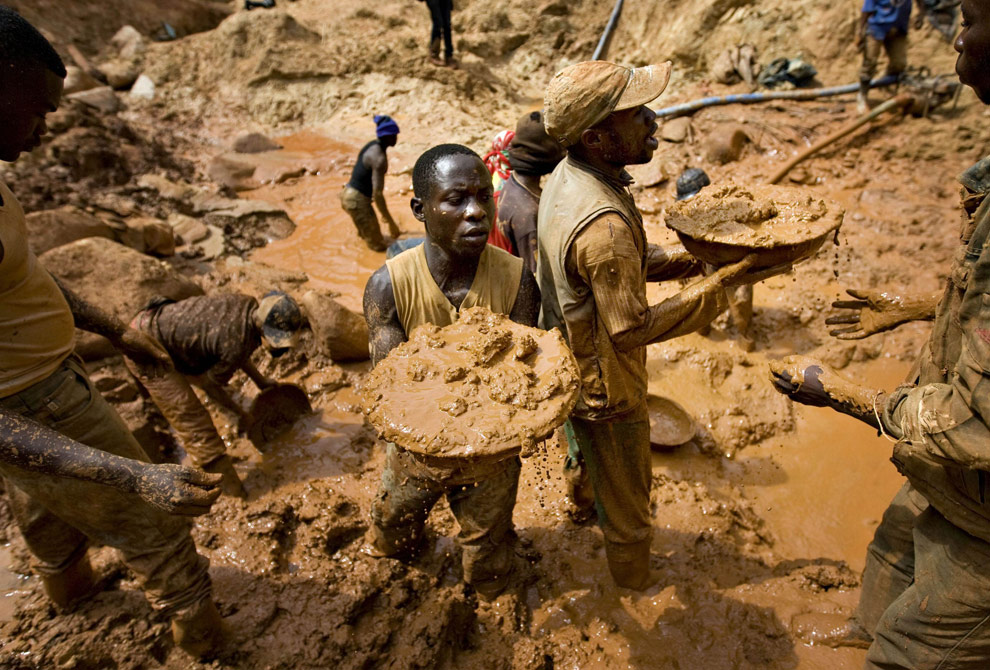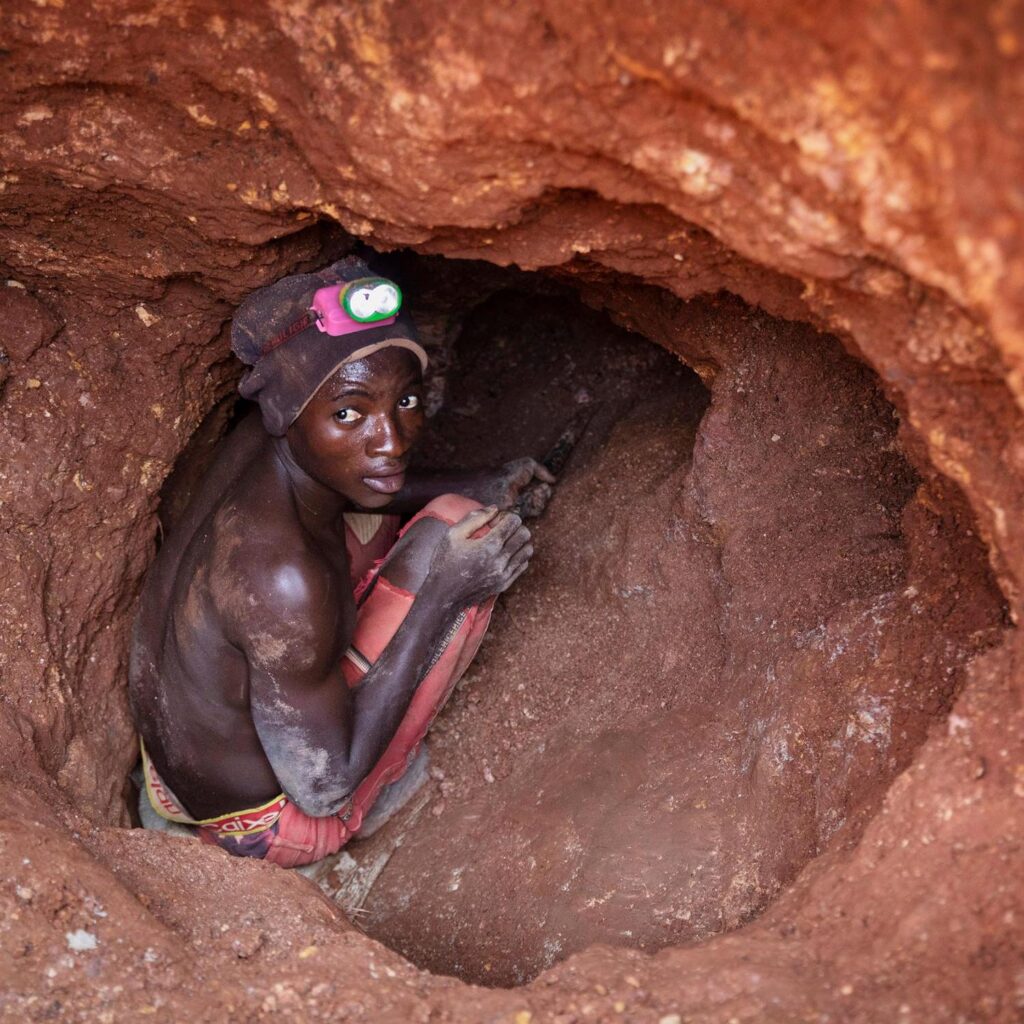




- The material basis of Belgian colonization of the Congo:
Despite being one of the poorest countries on Earth in terms of GDP, the region of Africa within the DRC’s borders is practically exploding with natural resources. There is abundance in all the tropical agriculture like rubber, cotton, oil palms, beans, etc., and the ground is rich in minerals and valuable elements. This is what originally attracted Belgian colonizers in the late 19th Century to extract these resources with forced labor, and the country is still crippled by neo-colonial forces today.
2 and 3 The political power and ideology of the colonizers:
Belgium’s King Leopold II set his sights on the Congo in the late 19th Century, and sanctioned Belgium’s conquest of the Congo in the Berlin West Africa Conference of 1884, under the guise of ending slavery and modernizing the lives of Congolese people. This “humanitarian” cause quickly devolved into forced labor to build a railroad in order to extract natural resources and enable easy access to the land for Belgian troops. Leopold had a rather brutal private army of African soldiers led by European officials, called the Force Publique.